Omega 3 has become a health buzzword seen on various products across grocery stores. It’s heavily promoted on products and supplements to encourage consumers to buy. People hear “Omega 3” and know it’s “good for you” but don’t always know why. So what is Omega 3 and why is it so great for our health? In this post, I am going to discuss the essential fatty acids, Omega 3 and Omega 6, and the best sources of these nutrients.
^^^ The above products are examples of companies using Omega 3 as a buzzword to get people to buy their products. These are not ideal sources of Omega 3 fatty acids. ^^^
So what’s the deal with Omega 3?
Omega 3 fatty acids are essential because the body cannot make them- they must be ingested through food. Omega 3 fatty acids can be found in flax seeds, wheat germ, walnut, hemp, fish, and fish oil. The plant form of Omega 3 contains Alpha-linoleic Acid (ALA). The Omega 3 fatty acids found in fish and fish oil, contain Eicosapentaenoic Acid (EPA) and Docosahexaenoic Acid (DHA). The formation of anti-inflammatory PG3 (prostaglandins) require EPA. Prostaglandins are hormone-like substances that regulate communication between cells, contribute to maintaining homeostasis, increase blood flow to the kidneys, dilate bronchial tubes, and control inflammation. Basically, they’ve got important functions in the body. Prostaglandins are synthesized (made) from essential fatty acids. So, you can see why Omega 3 and Omega 6, essential fatty acids, must be consumed in our diet. Healthy fatty acid deficiency is epidemic.
Signs you may have a fatty acid deficiency:
- Skin problems such as acne, eczema, psoriasis, etc
- Endocrine (hormone) imbalances such as PMS, thyroid issues, etc
- Allergies
- Immune system problems
- Cardiovascular issues
- Depression/Anxiety
The plant form of Omega 3 (ALA) can be converted into EPA, however it takes large amounts of ALA to convert to just a small amount of EPA, and most people have a hard time converting ALA to EPA. So, the best source of Omega 3’s are fish and fish oil. If you are opposed to eating fish or taking fish oil, you can take a fish oil supplement- such as this one from Green Pastures or this one from Vital Choice Wild Seafood & Organics. Grass-fed beef is another source of Omega 3 (whereas grain-fed beef is devoid of Omega 3). Another factor to consider is that cooking destroys most of the delicate Omega 3 fatty acids- so raw fish, such as sushi, is a great choice or cod liver oil. Omega 3 is also sensitive to light, so it is essential to make sure you get these oils in dark containers- not clear ones. When polyunsaturated fats, such as Omega 3, are exposed to light or heat, they become rancid and lose their health-giving properties. Still, it takes more than just eating fish or fish oil to form PG3. We must also have proper digestion, proper liver function, and enzymes in order to form PG3.
Food Sources of Omega 3:
- Fish & Fish Oil (wild-caught)
- Grass-Fed Beef (raw)
- Eggs (raw)
- Flaxseeds & Flax Oil
- Hemp & Hemp Oil
- Wheat Germ
- Walnuts
What about Omega 6?
We also need to consume Omega 6 fatty acids, linoleic acid (LA). The body does not make them- so they must be ingested through food. The problem is that we need to have the proper ratio of Omega 3 to Omega 6 (about 1:1), and most Americans are consuming way too many Omega 6 and hardly any Omega 3. When the ratio of Omega 6 to Omega 3 becomes too high, in favor of Omega 6’s, it can contribute to chronic health problems, such as heart disease. Omega 6 fatty acids can be found in:
- Corn Oil (make sure it’s organic; not paleo)
- Canola Oil (not a good choice)
- Eggs (raw)
- Peanut Oil (make sure it’s organic; not paleo)
- Safflower Oil
- Hemp (contains about 1:1 Omega 3 to Omega 6)
- Black Currant Seed
- Evening Primrose Oil
- Borage Oil and many other oils.
Just like we need Omega 3’s to synthesize anti-inflammatory PG3 (prostaglandins), we need Omega 6’s to synthesize anti-inflammatory PG1 (prostaglandins). Along with the Omega 6 fatty acids, we also need proper digestion, liver function, and enzymes (just like with the formation of PG3). Omega 6 oils are also very delicate and should never be heated or exposed to light (no clear bottles).
Fatty acids are fuel for our heart muscle, provide energy for our cells, and aid in cholesterol and bile production.
Was this information useful to you? Let me know in the comments!
See also:
Fat Does NOT Make You Fat
Benefits of Grass-Fed Butter
The Truth About Stomach Acid
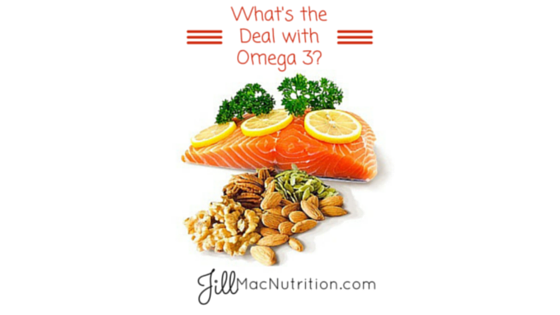
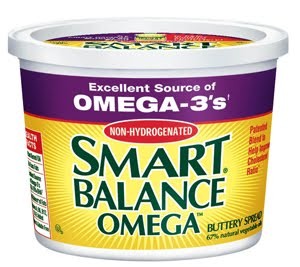
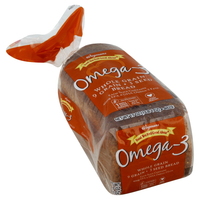
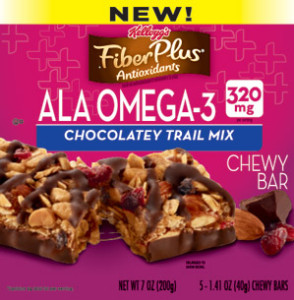




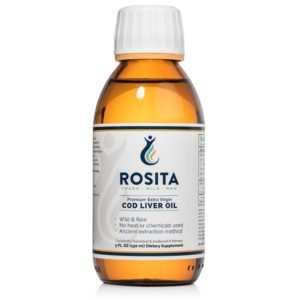

11 comments